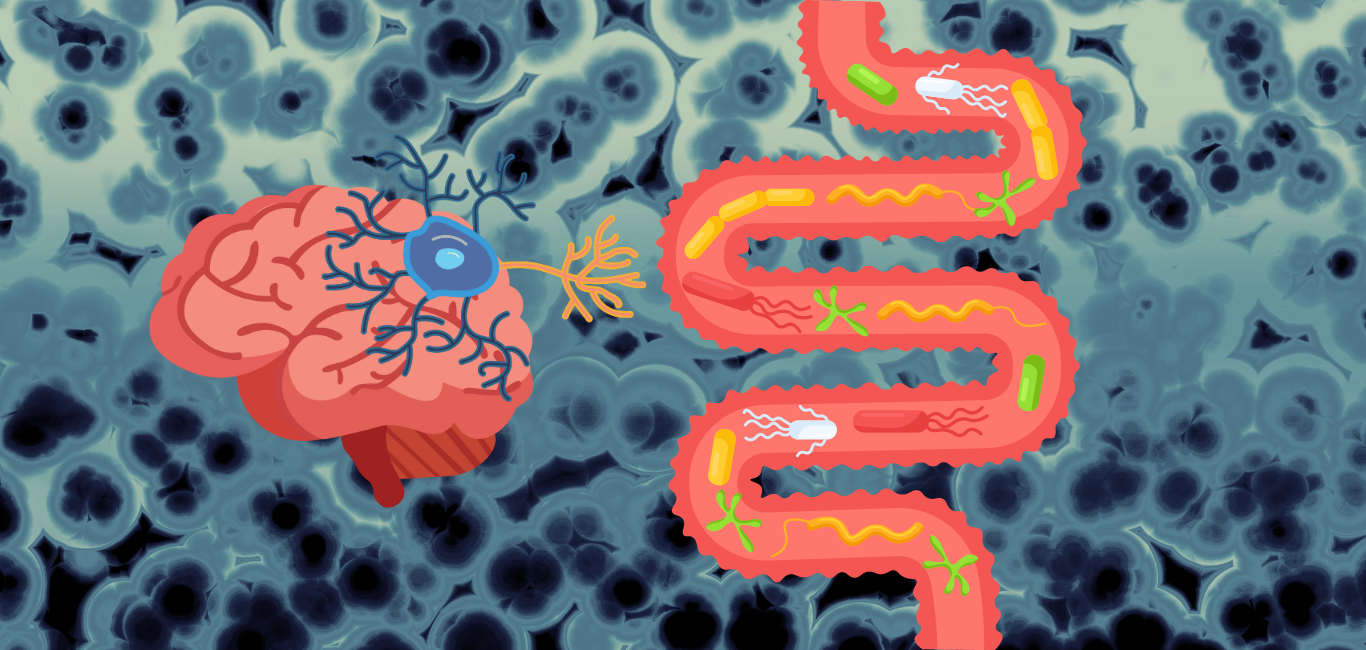
In a world where memories shape our lives, some people find themselves on challenging journeys – when Alzheimer’s disease comes knocking at their door. The condition quietly enters the recesses of memory, leaving a trail of fading ones. Enduring the battle, the affected gradually and increasingly depend on their caregivers for daily activities.
Madan Srinivas from Trivandrum, Kerala, recalls how he grew up watching Alzheimer’s profoundly change his grandmother’s behaviour as her memory began declining. And many years later, his mother received an Alzheimer’s diagnosis. He noticed the classic symptoms: “She used to repeat things, and during the conversation, she circled back to the same topic,” he recalls.
Strangeness of Alzheimer’s
Alzheimer’s is a neurological condition that causes the gradual death of nerve cells. This leads to the shrinking of brain parts, causing a decline in memory and thinking ability and affecting everyday activities. Generally, people get diagnosed with Alzheimer’s after 60 years of age. However, the brain damage occurs much earlier and keeps progressing without showing symptoms for years.
Srinivas says his mother led a very active life, efficiently steering the wheels of professional and family responsibilities. However, things started changing when she gradually began losing the context of things and cared less about other people. These starkly contrasted her normal behaviour; her diagnosis came at 65.
Dr Priya Raghavan, Psychiatrist from Cadabams Hospital, Bengaluru, explains that people with Alzheimer’s may be able to recall memories from distant past but may not remember recent events or form new memories in the initial stages of the condition.
For example, she says, “It appears like they are visiting a place for the first time even though they have been there many times earlier. Or they fail to recognise their son or daughter, as their recent memories got erased, they may recognise them from what they look like many years ago.”
The many struggles
Dr Raghavan explains that Alzheimer’s also impacts the person’s ability to speak and recall words. They may struggle with a word, get stuck, or not know the right word to say. Sometimes they stop midway through a sentence in a conversation, lose the conversation thread, or may be incoherent. They start experiencing confusion in routine tasks they are proficient in, like cooking, counting, or withdrawing money from the bank.
For Srinivas’s mother, her daily routine started changing when she could no longer walk around her house at dawn or help with the household chores. She would pick up things like fallen fruit and store them in her cupboard with her clothes. She would also begin hoarding unwanted things, he recalls.
Peek into the Alzheimer’s brain
Alzheimer’s brings about several changes in the brain. Dr Raghavan says, “There is an accumulation of tau protein inside the nerve cells and the build-up of beta-amyloid between cells,” she says. The result is the progressive death of neurons. Typically, ravages begin in the hippocampus – the seat of memory in the brain, says Dr Sreekanta Swamy, lead senior consultant neurology, Aster RV Hospital, Bengaluru.
Persistent forgetfulness is often the early sign of Alzheimer’s, states Dr Raghavan. Forgetfulness is slipping off of recent memories like recent conversations, interactions, or appointment dates, “When the condition progresses, the longer-term memories also get affected,” she says.
As the condition advances, the neuronal damage spreads to nearby regions, disrupting functions like language, speech, behaviour and mobility, adds Dr Swamy.
Srinivas agrees, sharing an example. He says his mother would put the food bolus in her mouth, forgetting how to eat. “She had a couple of seizures. Then she stopped walking, and slowly, she stopped speaking. Then over time, [her movements were] limited to the bedroom only,” recollects Srinivas.
Stages of Alzheimer’s
Alzheimer’s is a progressive condition, implying that the symptoms manifest in various degrees of severity. The impairments that follow are dependent on the extent of neuronal damage. Medically, Alzheimer’s progresses through
- Preclinical stage
- Mild cognitive impairment
- Early stage,
- moderate Alzheimer’s
- Severe Alzheimer’s
Symptoms
The most common symptom of Alzheimer’s is memory loss. However, the person might also experience
- Difficulty in planning and executing tasks
- Struggle to use the right words or lose the context
- Forget to chew, swallow or eat food
- Bladder and bowel incontinence
- Inability to walk
The risk factors
Ageing is one of the main factors for Alzheimer’s, says Dr Swamy, adding that mutations in the APOE gene could increase the risk by six to eightfold compared to those who don’t have the altered gene. The additional contributors are the presenilin 1 and 2 genes and the amyloid beta-protein precursor gene. These genes have crucial functions in the body under normal conditions. However, when they undergo mutations, they disrupt the cellular processes, causing the protein build-up in and between the neurons. Consecutively, the neurons fail to communicate with each other effectively, leading to the symptoms.
In addition, Dr Swamy enlists other health conditions like diabetes, coronary artery disease, and stroke, which can increase the chance of developing Alzheimer’s. Studies have shown that obesity, a sedentary lifestyle, and poor diet can also contribute to the condition’s progression.
Healthy lifestyle, the game changer
Alzheimer’s is a multifactorial condition with no apparent cause and no definite treatment currently. However, Dr Raghavan says, “Early diagnosis gives the chance to manage the condition better before it gets out of control.”
She shares a few tips to help manage the condition better:
- Have a nutritious diet that includes vitamin B12
- Avoid substance abuse like alcohol and drugs
- Get good sleep of 8 hours
- Keep learning new things
- Stay physically active
- Maintain good social interactions, which will help keep depression at bay.
Note- As Alzheimer’s progresses, the affected increasingly depend on their caregivers and may require professional help as well. Support groups can help ease these transitions and help the primary caregivers get the necessary guidance.

















